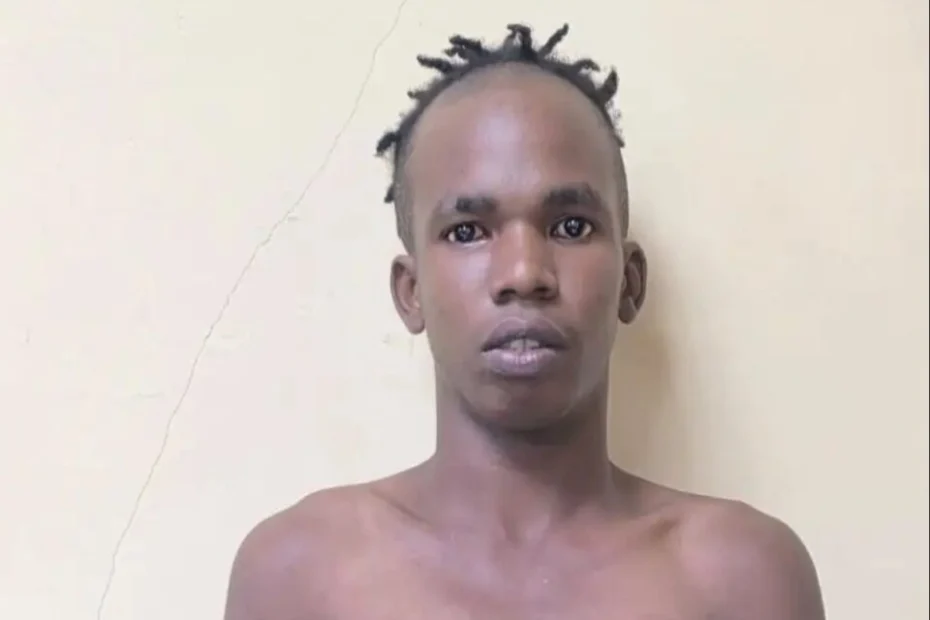With the We Invest in Nationhood (WIN) party poised to become the main Opposition in the new Parliament, Bharrat Jagdeo, General Secretary of the governing People’s Progressive Party (PPP), indicated on Thursday that his party may be more inclined to collaborate with the APNU than with WIN on national interest issues. This shift comes as the PPP is now in government, and the traditional dominance of the PNC-led APNU in the opposition has diminished.

For the first time, the APNU will not hold the majority opposition seat, having been reduced to the third highest number of votes based on the latest district results. Jagdeo expressed his belief that the APNU miscalculated the potential influence of WIN, but he reiterated the historical understanding between the PPP and APNU on national matters.
“There was always room for collaboration on national issues with APNU,” Jagdeo stated. “We tend to have a more patriotic position, seeing the territorial integrity and sovereignty of our country as invaluable. I think we have a common understanding; I am not so sure about the WIN party. They are transactional, and the link with Maduro is still not fully explored, but APNU has to do its own homework.”
Jagdeo acknowledged that while the WIN party emerged as a potential threat, the APNU focused its efforts primarily on opposing the PPP, neglecting to address the encroachment of WIN into its support base.
“We knew that they were going to become the third force in Parliament. We told many of their leaders because we saw it coming,” he remarked. “It was no surprise on election night, as I had indicated when the Statements of Poll started coming in that it would be tough for the APNU, and indeed it was.”
Expressing a degree of sympathy for the APNU’s decline, Jagdeo noted, “In a way, I feel sorry for them, but their hatred of the PPP clouded good sense.” He suggested that the PNCR leader has devoted too much time to attacking the PPP instead of nurturing his party’s historical support base.
Jagdeo concluded by stating that the current state of the APNU necessitates some introspection from its leadership, particularly from the PNCR leader, who has presided over the party during its recent struggles. As the political landscape shifts, the dynamics between these parties will be closely watched in the coming months.

Alleged Serial Burglar Remanded in Essequibo Coast Court
![]()



